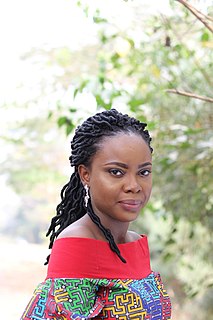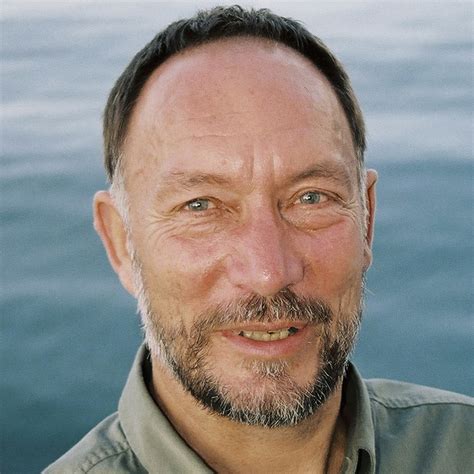A Quote by Danzy Senna
I was influenced growing up by everything from Harlequin romances to Fedor Dostoyevsky and Albert Camus, James Baldwin, Toni Morrison, and later Lydia Davis, Mary Gaitskill, bell hooks.
Quote Topics
Related Quotes
I am sometimes asked to name my favourite books. The list changes, depending on my mood, the year, tricks played by memory. I might mention novels by Nabokov and Calvino and Tolkien on one occasion, by Fitzgerald and Baldwin and E.B. White on another. Camus often features, as do Tolstoy, Borges, Morrison and Manto.
During the '80s, those you would call the young philosophers of France, such as Bernard-Henri Lévy and [André ] Gluxman, pointed out that Camus had said things no one wanted to hear in the political arena. They said it was [Albert] Camus who was right, not those who had slid under the influence of Sartre, that is to say an unconditional devotion to Communism as seen in the Soviet Union. And ever since then the evaluation of Camus has continued to modify up until today
My stories are known for featuring fun, fearless Cosmopolitan-type heroines as well as delicious, dangerous heroes synonymous with Harlequin. Afterburn and Aftershock will be no exception. I'm excited to share these sizzling new romances with readers and to do so hand in hand with Harlequin and Cosmopolitan, beloved brands known for giving women exactly what they want.
Memory is not like a container that gradually fills up, it is more like a tree growing hooks onto which memories are hung. Everything you remember is another set of hooks on which more new memories can be attached. So the capacity of memory keeps on growing. The more you know, the more you can know.
Albert Camus was never abandoned by his readers. Camus is enormously read. He's the highest selling author in the entire Gallimard collection, and has been for some years now. Sales haven't ever stopped, so to talk about rediscovering him would suggest that he isn't read anymore and that's not true.




































